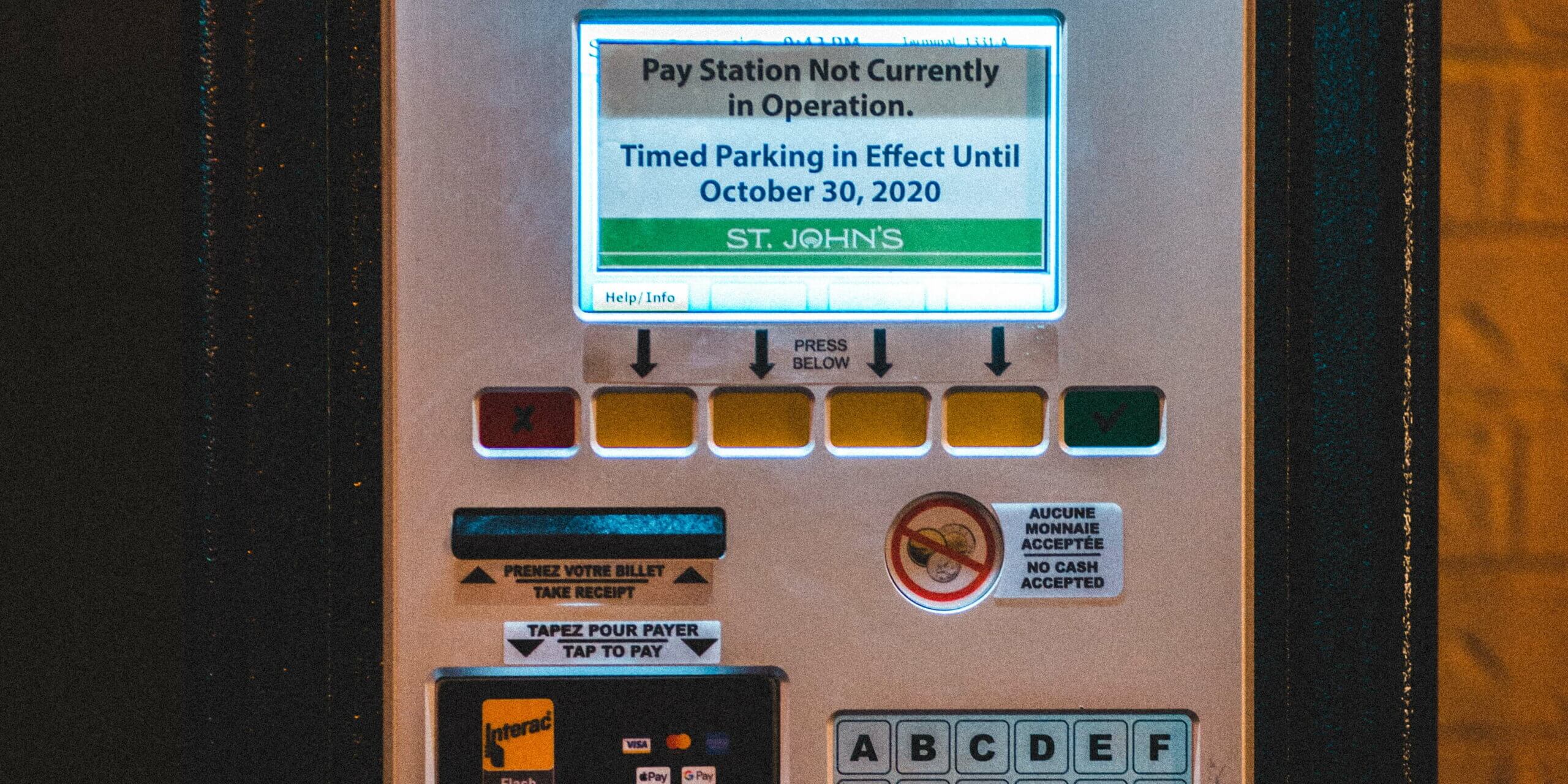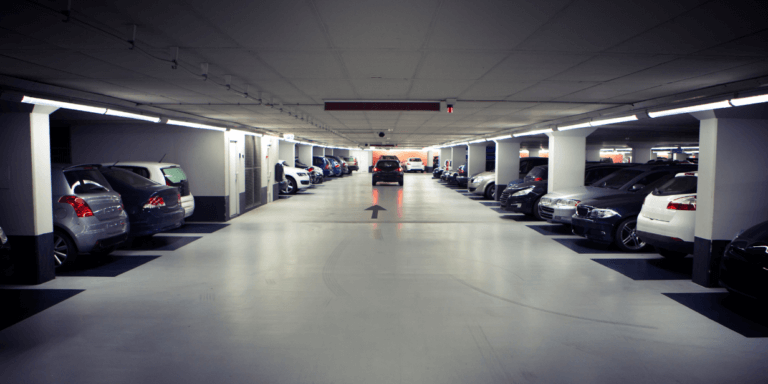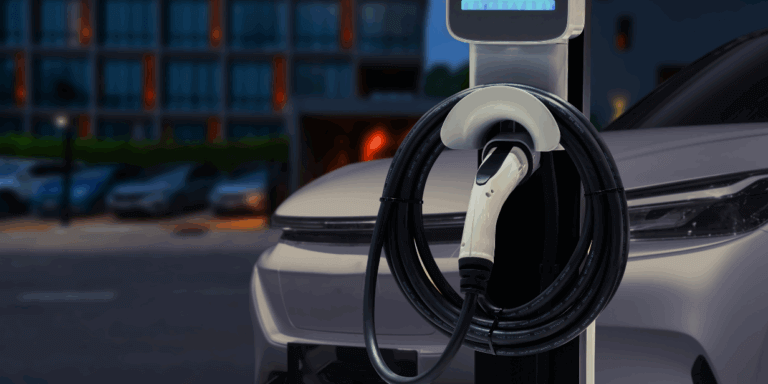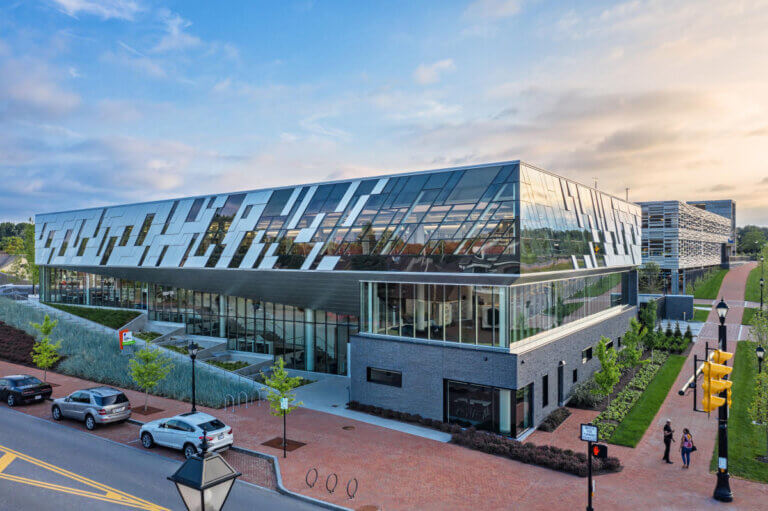If you own or operate a commercial parking space, then you might already be aware of ALPR. Short for “automatic license plate recognition software,” it’s a system that uses cameras to scan and record license plates.
The software has many uses in law enforcement and other areas, and one of the growing applications is in parking management. Any area that limits parking by permits can benefit from ALPR.
Gated entry into a parking garage. Source: Unsplash.
How Do Parking Permits Work With ALPR?
Checking license plates might seem obvious in some applications, but is it really so useful with parking permits?
When you see how ALPR works in car parks, you’ll understand how it can make things easier and more convenient.
1) Automating Parking Enforcement
The essence of ALPR is using cameras and automation software to scan license plates. What you do with that information is up to you, but there are some typical use cases for number plate recognition car park software.
First, you can check license plates against confirmed payment. When someone pays for parking, the payment is uploaded to a cloud server that can then log the license plate. When a vehicle drives past the ALPR camera, its license plate is checked against confirmed payments. You know instantly if a vehicle is in compliance or not.
Parking payment system. Source: Unsplash.
2) Self-Serve Convenience
Another advantage of this type of automated system is that it opens the door to self-service. If someone wants a parking permit, they can register and pay on a website. They don’t even need a physical permit on the vehicle. Instead, they can log their license plate, and the system handles the rest.
On the other end, you can institute self-service payment for parking violations as well. When a vehicle is flagged for noncompliance, the owner can pay the fine through the same automated system.
3) Gate Control
You can also incorporate ALPR into gate controls. Front-facing license plates can be used to unlock gates without the need for codes or remotes.
You can even get rid of gates (when it makes sense to do so), as the camera system will find anyone who is parking without a permit. You can then deal with noncompliant vehicles efficiently, removing unnecessary gate mechanisms from high-traffic parking areas.
Two parking barriers. Source: Unsplash.
How Does ALPR Benefit Parking Permit Systems?
The mechanisms of ALPR can bring high-value benefits to a parking permit system. It can impact the bottom line, the performance of the system, and compliance with law enforcement or regulatory bodies:
1) Improving the Bottom Line
Permitted parking is an $8 billion industry. Yet, the market has been shrinking by an average of 6.8 percent each year since 2017. With revenue shrinking, it’s important to make up ground somewhere, and the automation of ALPR helps with that.
First, it reduces overhead by minimizing the number of staff needed to monitor and enforce parking. Second, it improves revenue with better parking enforcement consistency. Costs go down. Revenues go up. It’s a win-win.
2) Increased Accuracy
There’s also a simple fact that automation can reduce human error. It’s an issue even in parking. A person can fail to see a parking permit that is actually displayed correctly. Or, they can miss a car that is incorrectly parked. They might log a license plate wrong or make any number of other mistakes.
Automated systems don’t make these mistakes. Improved accuracy is better for the parking experience, and it stabilizes revenue.
3) Reliable Compliance
There is also an issue of compliance. If your parking lot or structure is tasked with vehicle watch lists from law enforcement, those lists can be inputted into the ALPR system. Flagged license plates will automatically register in the system, and you won’t miss compliance.
This is good for liability and civic duty, all at the same time.
The system can work for any list that uses license plates. You can monitor for unauthorized cargo, vehicles that have been banned from the premises, and anything else that you want in the system.









